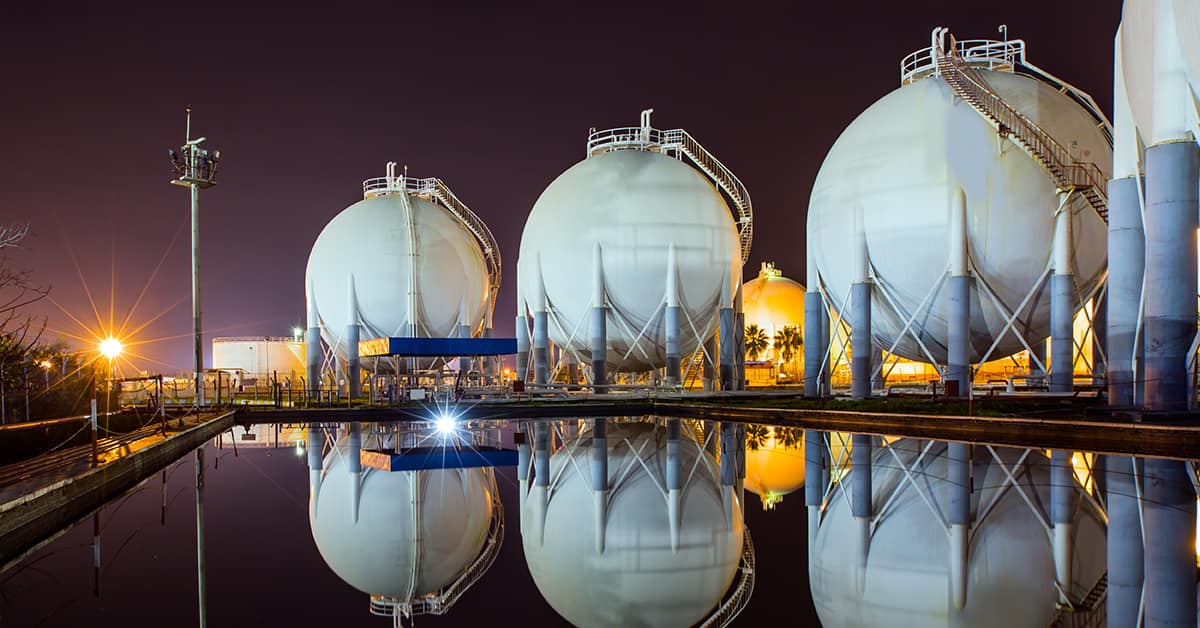A proposal to label some natural gas and nuclear power plants green investments has prompted backlash from environmentalists and heightened tensions among the 27 member countries.

Last year, the European Union set the ambitious goal of net-zero carbon emissions by 2050. Now a proposal to label some natural gas and nuclear power plants green investments has prompted backlash from environmentalists and heightened tensions among the 27 member countries.
The response to the European Commission’s plan was all over the map, especially when it comes to nuclear power. France, which sources around 70% of its electricity from nuclear plants, and wants up to 14 new reactors by 2050, is the most vigorous supporter of the new proposal, along with nine others, mostly from Eastern Europe, that also rely on nuclear power. Germany, which plans to phase out its three remaining reactors by the end of the year, leads the opposition to “green” status for nuclear power, but supports a green label for gas, on which it relies. Also on the antinuclear side are Belgium, Switzerland, Denmark, Luxembourg and Austria, which even threatened to file legal action against the proposal at the EU Court of Justice.
The EC, which nitpicked over the proposal for months, hoped to avoid such divisions. According to the guidelines, new nuclear plants must have construction permits before 2045 and be able to safely dispose of radioactive waste. A gas power plant can be deemed green if it emits less than 270 grams of carbon dioxide (CO2) per kilowatt-hour (kWh) of electricity (considered fairly high) or annually emits less than 550 kg of CO2 per kWh over 20 years, provided it switches to low-carbon gas by 2035.
Yet, nuclear energy still raises concern about accidents; and gas, which has been marketed as a clean alternative to coal, releases more methane—a greenhouse gas more than 25 times more potent than CO2 at trapping heat in the atmosphere—than had previously been thought. Recent events highlight a crucical geopolitical source of unease surrounding natural gas as a mainstay of the bloc’s energy: Europe relies on Russia for around 40% of its gas imports.
Through a press release, the EC stressed that gas and nuclear are to be considered transitional sources. Yet a compromise to satisfy all parties appears still beyond reach.



